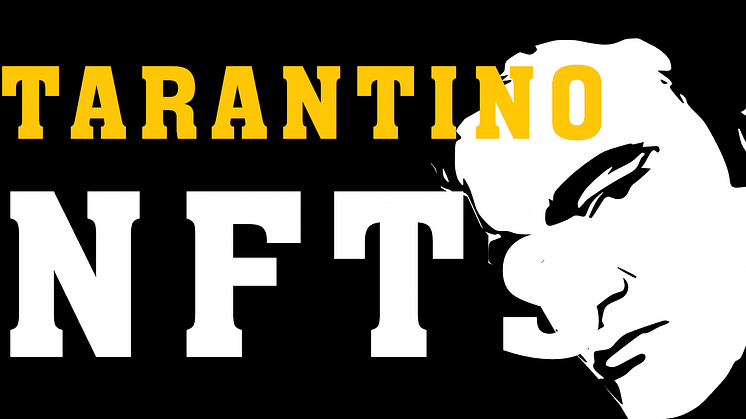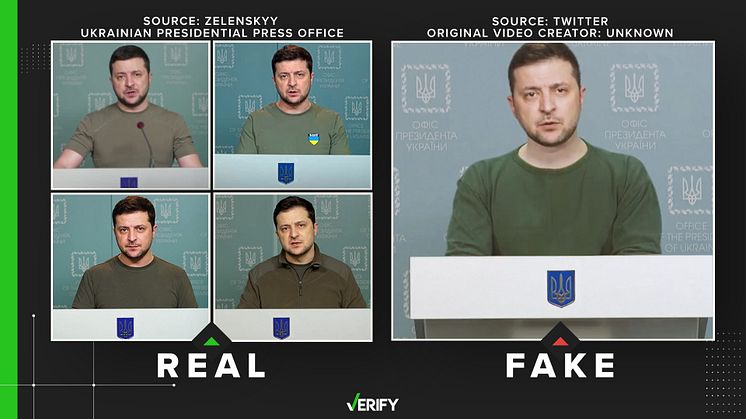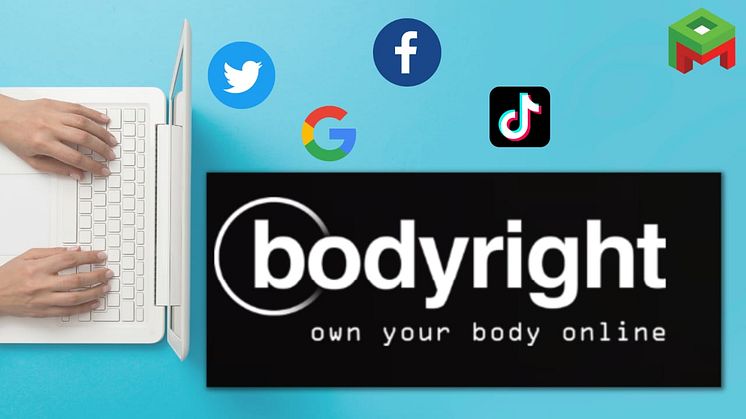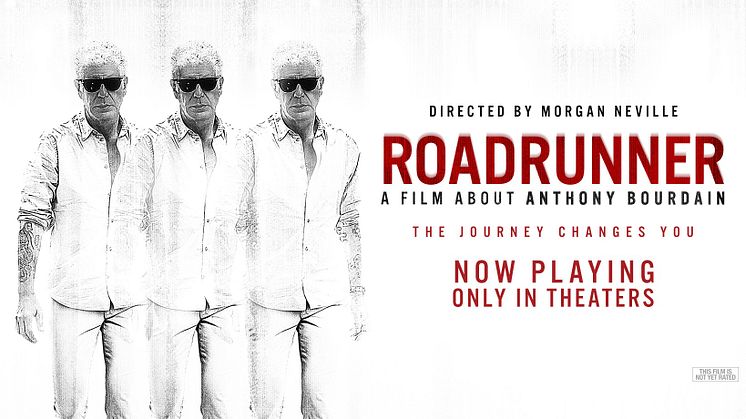
News -
That's not really Shah Rukh Khan — the growing prevalence of deepfakes throws up urgent IP questions
For those celebrating the festival of Deepavali/Diwali in India this month, take a second look at any seasonal ads starring celebrities. You might just be looking at a digital avatar created by artificial intelligence rather than the real star.
Rephrase.ai, a Bengaluru-based startup, says in a report published on Rest of World that they are working on some of these ads. Here’s what they do: using high-definition video shot of a real person, its algorithm can create digital avatars that can be customised to say, well, anything.
That means instead of hiring a celebrity to shoot one ad, companies can pay for the licensing of his likeness instead, and then have this digital avatar appear in countless personalised ads. The same logic applies to CEOs, politicians, and anybody else who wants to use a simulated version of themselves in different settings.
Obviously, this technology (often described as deepfake, or synthetic media) has implications for intellectual property.
Rephrase.ai says it can create avatars based on around 25 people who have licensed their likenesses for this purpose. A recent deal with Collective Artist Network (formerly named KWAN), India’s largest talent management company, means many more celebrities may be about to jump on the deepfake bandwagon.
It also means that laws that can keep up with this new technology are urgently needed. Deepfakes are already associated with unauthorised simulations of famous people like Mark Zuckerberg and Tom Cruise saying things that the real versions never said. The possibility that this technology can be mis-used is crystal-clear.
However, since it is still a relatively brave new world, notes the Rest of World article, this could also be an opportunity for deepfake companies and their clients to introduce stringent ethical standards for this new realm. For starters, these should definitely include policies that stress informed consent for those giving over their image rights, suggests one human rights expert.
Image rights refers to the right of an individual to decide how their picture, name or voice is used. Other relevant legal concepts include the right to publicity (an individual’s ability to protect their likeness from being used for profit without their permission or appropriate compensation) and the right to privacy (an individual’s right to not be exploited). These IP issues were previously mostly the concern of celebrities. But now that anybody can, in theory anyway, have a digital clone out there, perhaps it’s time for everyone to brush up on these laws and re-imagine what it would take to feel ownership over your likeness in an age of unbridled simulation.
PitchMark helps innovators deter idea theft, so that clients get the idea but not take it. To find more about our services, visit PitchMark.net and register for free as a PitchMark member today.






